Reading
Day 1: John 5:1-47, Mark 2:23-28, Matthew 12:1-8, Luke 6:1-5, Mark 3:1-6, Matthew 12:9-14, Luke 6:6-11, Matthew 12:15-21
Day 2: Mark 3:7-19, Luke 6:12-16, Matthew 5:1-12, Luke 6:17-26, Matthew 5:13-48, Luke 6:27-36, Matthew 6:1-4
Day 3: Matthew 6:5-7:6,, Luke 6:37-42, Matthew 7:7-20, Luke 6:43-45, Matthew 7:21-29, Luke 6:46-49
Day 4 Matthew 8:5-13, Luke 7:1-17, Matthew 11:1-19, Luke 7:18-35, Matthew 11:20-30, Luke 7:36-50
Day 5: Luke 8:1-3, Mark 3:20-30, Matthew 12:22-45, Mark 3:31-35, Matthew 12:46-50, Luke 8:19-21, Mark 4:1-9, Matthew 13:1-9, Luke 8:4-8, Mark 4:10-20
Day 6: MATTHEW 13:10-23, LUKE 8:9-18, Mark 4:21-29, Matthew 13:24-30, Mark 4:30-34, Matthew 13:31-52, Mark 4:35-41, Matthew 8:23-27, Luke 8:22-25
Day 7: Mark 5:1-20, Matthew 8:28-34, Luke 8:26-39, Mark 5:21-43, Matthew 9:18-26, Luke 8:40-56
Preview
Hard Questions
- (John 5:1-15) The tradition of the pool at Bethesda. Edwin A. Blum’s commentary says, “The earliest manuscripts omit these words which appear to be a late insertion to explain why the pool water was ‘stirred.’ People believed that an angel came and stirred it. According to local tradition, the first one in the water would be healed. But the Bible nowhere teaches this kind of superstition, a situation which would be a most cruel contest for many ill people. No extant Greek manuscript before A.D. 400 contains these words.” The MacArthur Bible Commentary similarly states, “The statement in the latter half of verse 3, ‘waiting for the moving of the water,’ along with verse 4 are not original to the Gospel. The earliest and best Greek manuscripts, as well as the early versions, exclude the reading.” What I do think is pretty clear is that a tradition existed in which people believed an angel to be stirring the water, and whoever inserted those verses probably did so to explain the tradition. Such traditions exist in a lot of places even today, but they don’t require that the Christian see them as from God. In the narrative itself, Jesus never acknowledges the pool as having any healing abilities, never mentions an angel, and doesn’t perform an act of kindness by chucking the paralytic into the water. Jesus is the healing water, and He heals the man there, publicly, giving people enough information to turn away from trust in a supposed angel to trust in Him. And, to speak a little to the trustworthiness of the text, if you’re reading the One Year Chronological Bible, NKJV or something similar, it does note at the bottom of the page that those particular verses are omitted in the NU-Text. The vast majority of what we’re all reading is consistent from text to text, and where there are inconsistencies, even minor, those are noted.
- (John 5 and other places) Jewish passion for the Sabbath. I think they’re following some of Nehemiah’s zeal for the sabbath and becoming vehement in it. Perhaps they think that breaking the sabbath is the beginning of the slippery slope that leads back to idolatry, God’s wrath, and captivity, and they see themselves as guardians of the nation, to keep them from experiencing that again. I do think it helps us, when looking at the Pharisees, to think of them as people who know their story and have spent considerable time meditating on it. It would definitely explain the violence of their response toward Jesus, if they’re seeing Him as a threat to national security both on a secular and a spiritual level.
- (Mk. 5:1-20; Mt. 8:28-34; Lk. 8:26-39) How many demoniacs? The Bible Knowledge Commentary: New Testament: Louis Barbieri notes that neither Mark nor Luke says that the demoniac is the only man; it could be that he’s the more violent, frightening one of the pair, which is why Mark and Luke focus on him to the exclusion of the other. We do see Matthew taking special note of the appearance of two people in stories; he’s writing to a Jewish audience, so he wants to draw their attention to “two or three witnesses” wherever they appear in this history (Deut. 17:6; 19:15; Mt. 18:16; 2 Cor. 13:1; 1 Tim. 5:19; Heb. 10:28).
Review
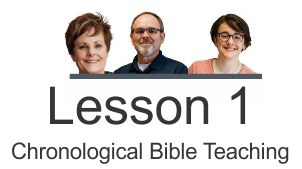
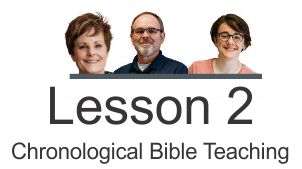
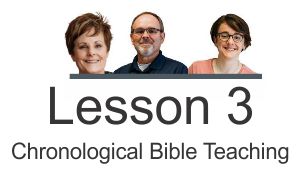
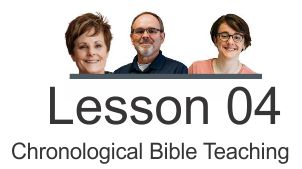
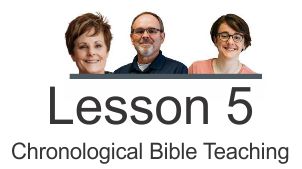
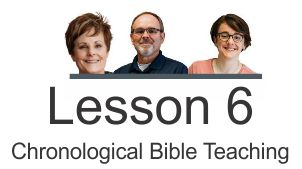
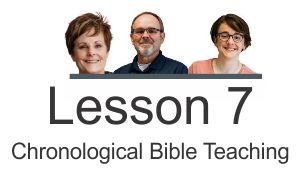
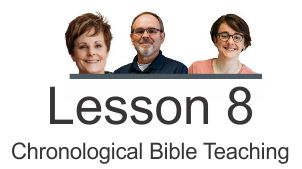
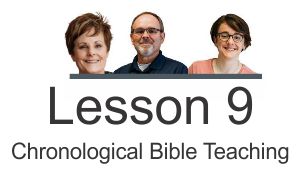

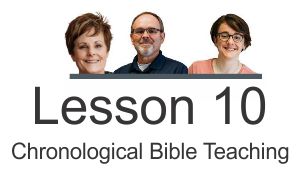
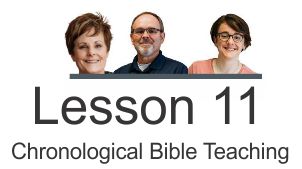
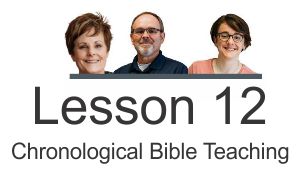
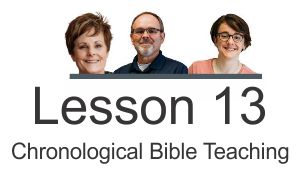
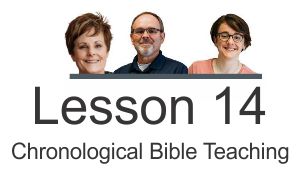
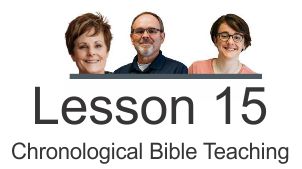
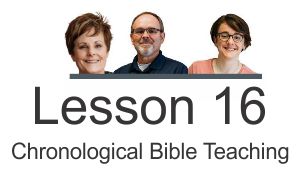
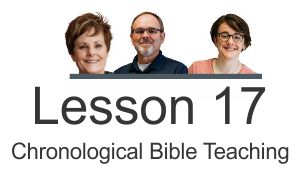
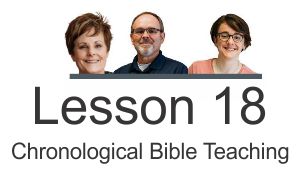
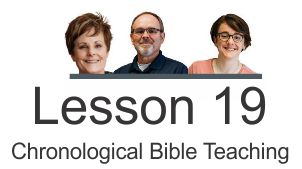
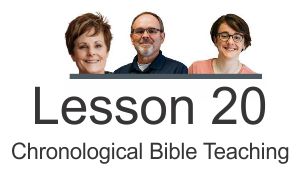
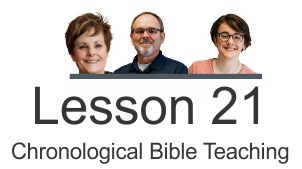
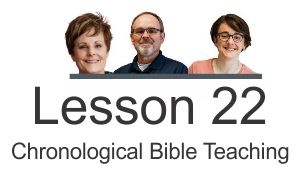
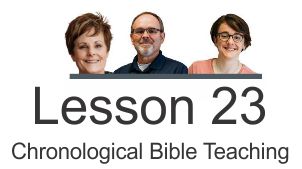
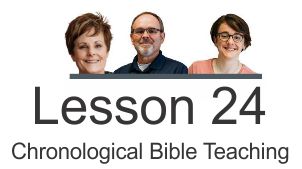
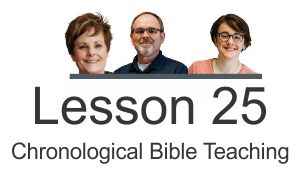
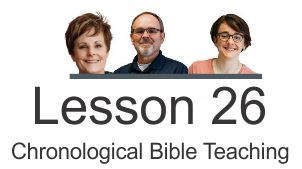
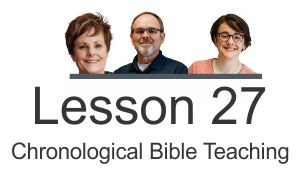
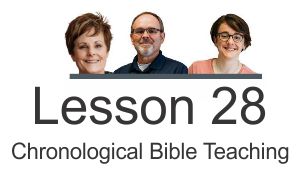
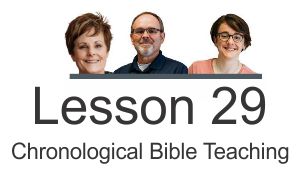
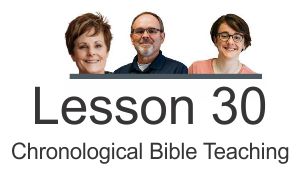
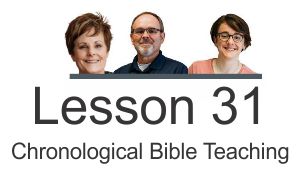
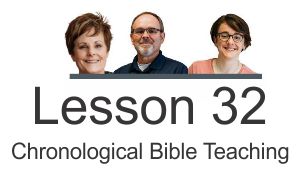
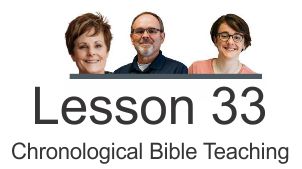
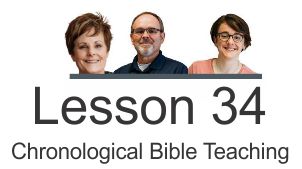
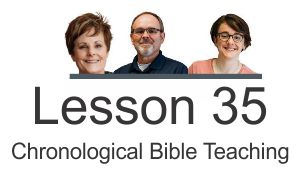
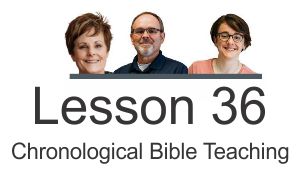
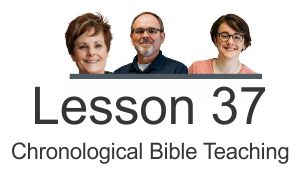
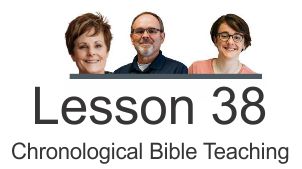
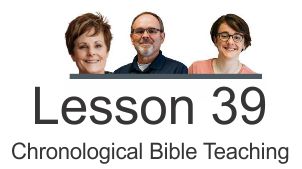
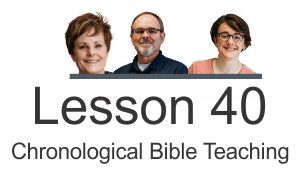
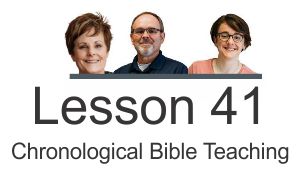
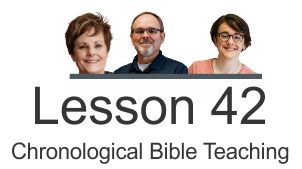
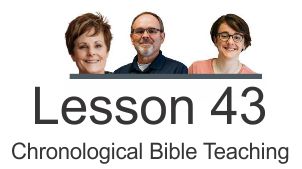
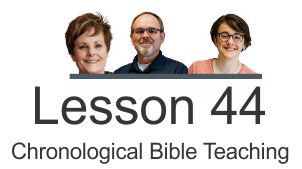
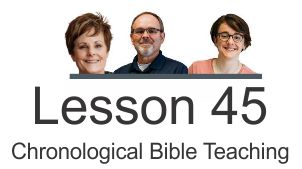
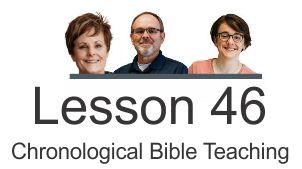
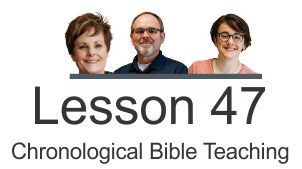
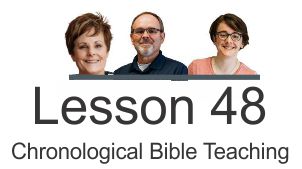


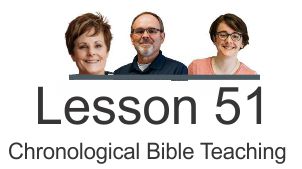

Page Discussion
Membership is required to comment. Membership is free of charge and available to everyone over the age of 16. Just click SignUp, or make a comment below. You will need a user name and a password. The system will automatically send a code to your email address. It should arrive in a few minutes. Enter the code, and you are finished.
Members who post adverts or use inappropriate language or make disrespectful comments will have their membership removed and be barred from the site. By becoming a member you agree to our Terms of Use and our Privacy, Cookies & Ad Policies. Remember that we will never, under any circumstances, sell or give your email address or private information to anyone unless required by law. Please keep your comments on topic. Thanks!